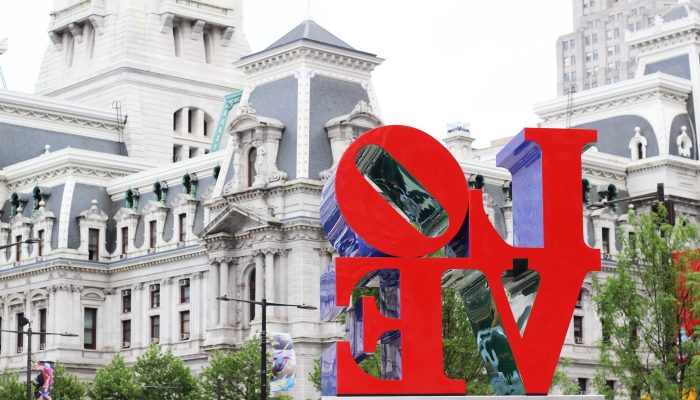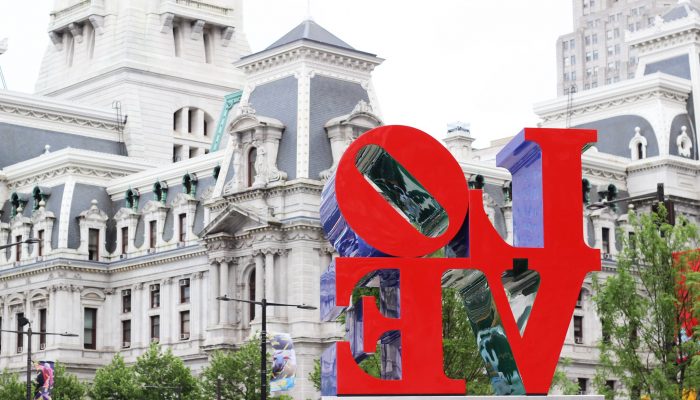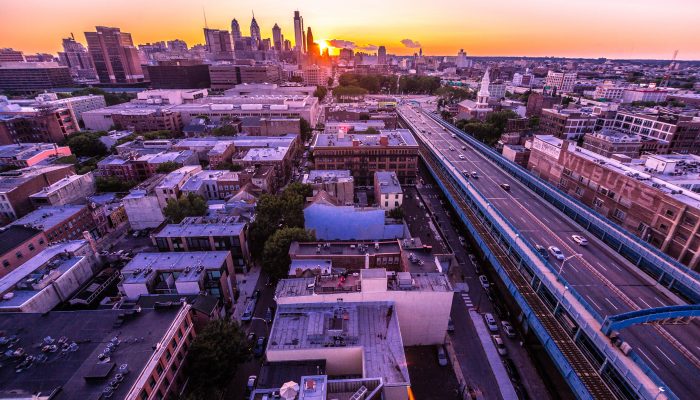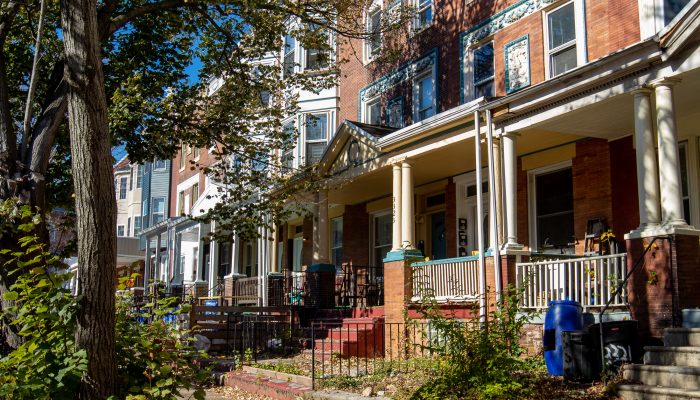This post was written by Sadia Sattar, Deputy Budget Director, Budget Office
The City kicked off the Participatory Budgeting pilot program in January of 2021 to allow direct community involvement in City spending decisions. There is $1 million available for infrastructure projects in Philadelphia and community members will come up with ideas and vote on which ones will happen.
We are excited to announce we’ve wrapped up the first phase! The Rulebook, developed by the community-led Steering Committee, outlines goals about how the process should work and explains how we will measure the effectiveness and define success.
There are 5 stages of the Participatory Pilot:
- Design – Philadelphians figuring out how this will work.
- Idea Collection – gathering ideas from Philadelphians about what projects they want
- Developing Proposals – community members working with City staff to turn ideas into a smaller group of concrete proposals
- Voting – community members will vote
- Making Things Happen – turning votes into completed projects
Who is doing the designing?
The short answer is community members, with support from City staffers and the non-profit Participatory Budgeting Project (PBP). The City’s Budget Office and Planning Commission brought together City residents, community members on City advisory boards, and City employees from relevant departments, boards, and commissions to create the Re-Imagine Philadelphia Steering Committee.
More than 800 community members applied to join, and there are 16 community members, plus another 13 community members who are connected with City boards and commissions (like the Commission on Asian Pacific American Affairs, Commission on African American Males, and the Youth Commission.) While City staff and residents are both on the Steering Committee and talk through ideas and plans, only the community members get a vote on what the process will ultimately look like.
What is the steering committee doing?
Through a series of meetings and surveys, the Steering Committee has been writing the rules for Philadelphia’s Participatory Budgeting initiative. The Steering Committee’s Rulebook sets the guidelines to reflect the unique needs, interests, and issues of Philadelphia communities and the Participatory Budgeting process.
The Steering Committee identified goals of:
- Inclusion
- Transparency
- Community capacity building
- Centering community engagement and grassroots leadership
- Building trust
- Repairing and avoiding harm
- Racial equity
The Rulebook is available in English, Spanish, Simplified Chinese, and Arabic.
According to the Rulebook, projects must be focused in geographic areas of the city with the greatest needs and must be focused on:
- Housing
- Violence and public safety
- Poverty
- Environmental justice
Any resident of the city can vote, but outreach will focus on the neighborhoods with the greatest needs where proposals may be implemented.
The next stage of the participatory budgeting process is Idea Collection. Members of the Steering Committee are identifying priority neighborhoods, providing ideas for outreach and engagement, and recruiting proposal advocates—members of the public that will assist with the third phase, Developing Proposals. Feedback from these working groups is being used to create the participatory budgeting process’s outreach plan and will provide a roadmap for idea collection.
Why did the design phase take so long?
There are two key reasons this is taking a while to get off the ground. First, there are big, heavy questions to answer in the Design Process and we wanted to make sure to bring more voices to the table and to ensure that those voices are heard.
The goal for Participatory Budgeting is for it to be a community-led process—and that means we’ve had to learn and change how we do things. It took time to bring together a Steering Committee and to get used to working together. We’ve tried different ways to gather input and feedback to ensure we didn’t just press ahead without meaningful conversation and understanding.
The decisions in the Design process are weighty – deciding who gets a voice (ex. should business owners that live outside the City have a vote? Should kids?) and what types of projects are eligible (ex. should they be anywhere in the city? Or are there priority areas? Should we prioritize projects for the most vulnerable members of the community or the ones that will be used by the most members of the community?). Committee members took the time to talk through many different options.
Second, launching Participatory Budgeting requires City staffers to devote time, and we haven’t added a dedicated resource for the project yet. This meant that the process had to pause when staff was needed for other projects, like developing the FY22 budget.
What happens next?
First, we need more help to keep things moving. To support the outreach and engagement efforts, the City’s Budget Office is looking to hire a Participatory Budgeting Specialist. This individual will provide project coordination for this initiative as Philadelphians generate ideas for infrastructure investments and vote directly on how to spend $1 million dollars on capital projects. Please check out the posting and pass this along to anyone who might be a good fit.
Next, we’ll finish up our outreach plan, and start the Idea Collection phase. To do so, the City has issued a Request for Proposal for assistance in implementing the Steering Committee’s vision for outreach and engagement. Committed to racial equity, the idea collection process will engage both online and in-person socially distanced events to reduce as many barriers to participation as possible.




